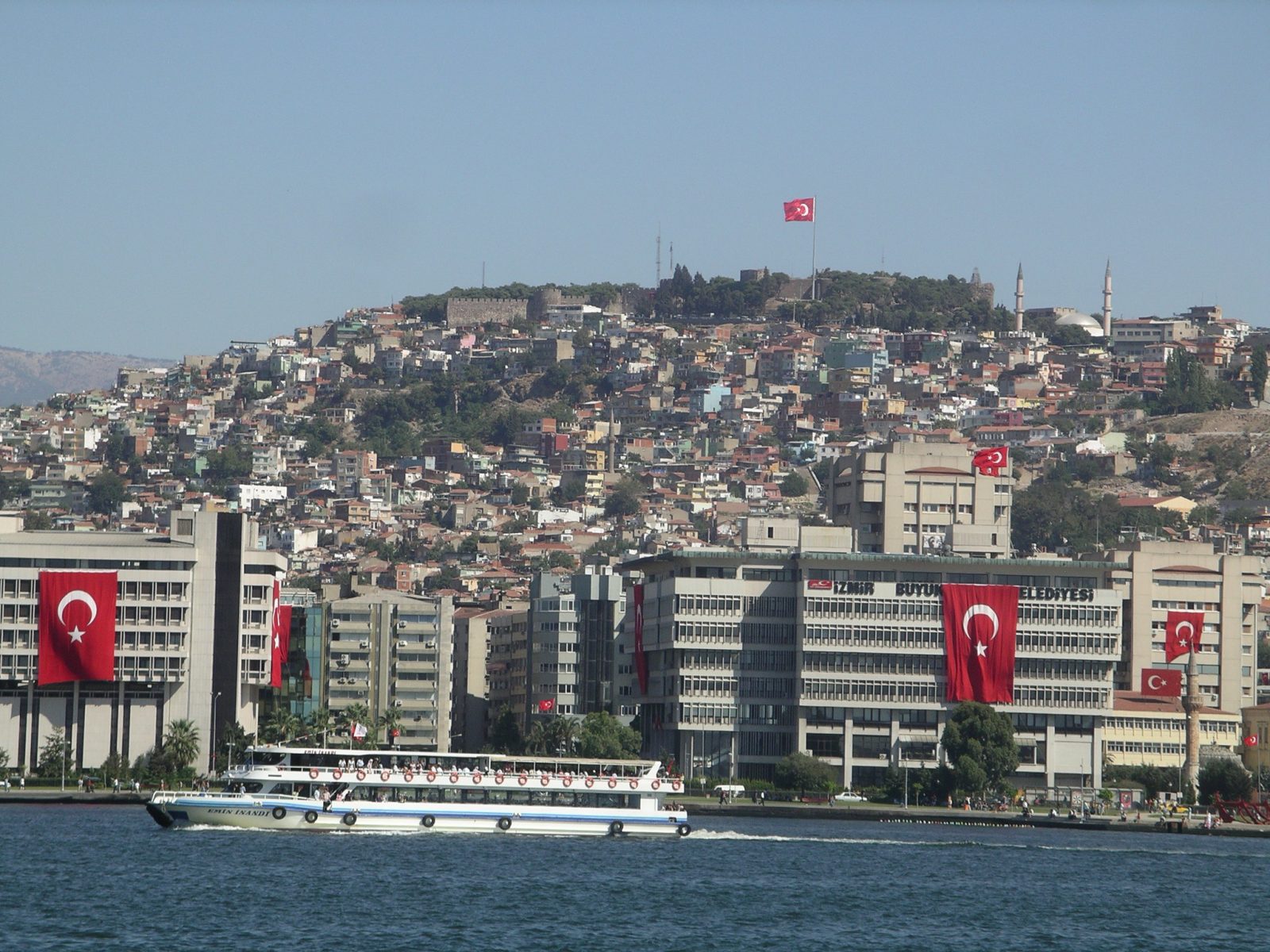North Macedonia’s Education Ministry on Sunday said it had been a target of a hacking attack over the past few days, but said video footage published on the Twitter account of a hacker group called “Powerful Greek Army”, as proof of the hacking, was fake.
The video footage, that seems to be taken from a camera surveillance system, “was not taken by or within the ministry because the ministry does not have such a system”, it said.
The ministry did not yet disclose whether it suffered damage from the attack, or whether any documentation had been lost or hijacked.
“Powerful Greek Army” published the short video on Twitter on Friday last week, writing that it had hacked the Education Ministry of the neighbouring country. “We have access even in their camera systems, we watch you 24/7, we have eyes everywhere, Skopje,” the group twitted.
This post caught attention in North Macedonia over the weekend.
It was far an isolated incident in the country. After several attacks on state institutions over the past few years, experts have warned that the country’s IT system is particularly vulnerable to cyber-crime, and is in dire need of security improvements.
The Greek hacking group behind ther latest post is also not unknown to the public in North Macedonia.
In May 2020, “Powerfull Greek Army” leaked dozens of email addresses and passwords from staffers in North Macedonia’s Ministry of Economy and Finance, as well as from the municipality of Strumica – and bragged about its exploits on Twitter.

